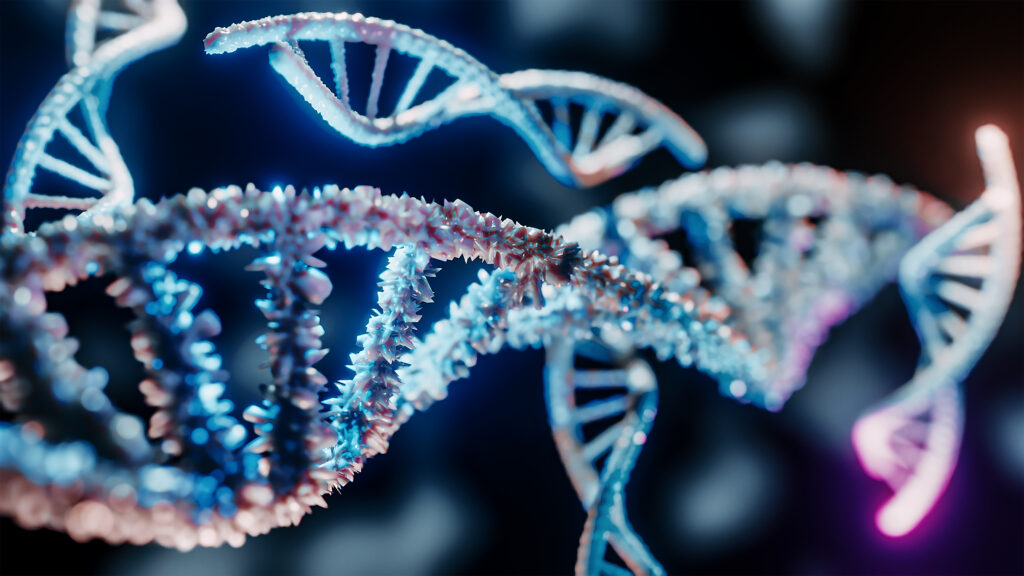The relationship between genetic variants and postoperative pain is a multifaceted and evolving area of study that encompasses various aspects of genetics, pharmacology, and patient care. Genetic factors significantly influence an individual’s perception of pain, with variations in genes like OPRM1 and COMT being linked to differences in pain experiences and responses to analgesics. The field of pharmacogenetics, which explores how genetic makeup affects drug responses, is particularly relevant in postoperative pain management. It considers how genetic variations, such as those in the CYP450 enzyme family, impact the effectiveness and side effects of pain medications.
Postoperative pain can be categorized into inflammatory and neuropathic types, and genetics play a crucial role in both. Genes related to the inflammatory response and immune system can influence the intensity and duration of postoperative pain, while variations in genes associated with nerve growth and repair may affect neuropathic pain development. However, integrating genetic testing into pain management also brings ethical and practical challenges, including issues of patient consent, privacy, and the need for adequate healthcare infrastructure.
The experience of pain is not solely determined by genetics; environmental and psychological factors are also critical. The type of surgery, patient’s mental health, and expectations of pain all interact with genetic predispositions to shape the overall pain experience. Future research in this field is expanding our understanding of the genetic basis of pain and its management, promising more effective and personalized strategies. However, this must be balanced with ethical considerations and an appreciation of pain’s multifactorial nature. As research progresses, the integration of genetic insights into clinical practice has the potential to revolutionize postoperative pain management, making it more tailored, effective, and safe, while also reducing the incidence of chronic pain and opioid-related complications.
